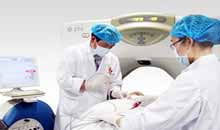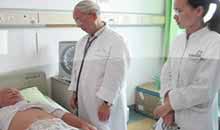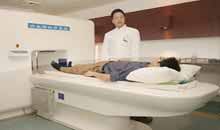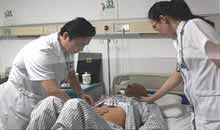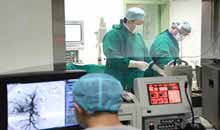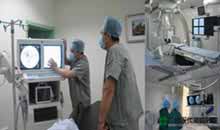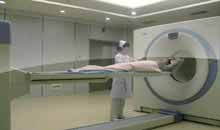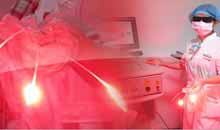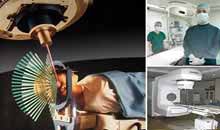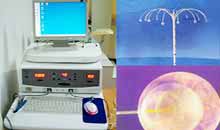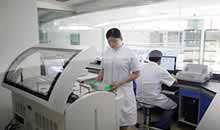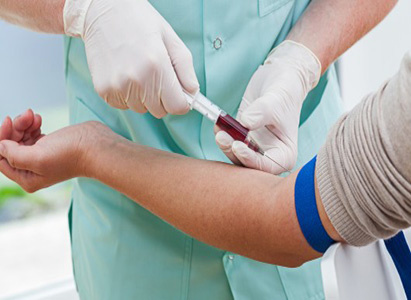
The easiest way to detect cancer is to have a regular screening test. It increases the chances of detecting cancers early on, when they are still small and easier to treat. Here are some screening tests guidelines and schedules that will help you.
Breast cancer
· Breast self-exam (BSE) is ideal for women starting in their 20s. Women should know how their breasts look and feel like. Consult immediately if there are any changes such as deformity or discharges.
· Women starting at 40 should have yearly mammograms
· Clinical breast exam (CBE) about every 3 years for women in their 20s and 30s and every year for women 40 and over
Colorectal cancer and polyps
At 50s, both men and women should have these tests
· Sigmoidoscopy
· Colonoscopy
· Barium Enema
· Fecal Occult Blood Test
Cervical cancer
· Cervical cancer screening (testing) should begin at age 21. Women under age 21 should not be tested.
· Women between ages 21 and 29 should have a Pap test every 3 years. HPV testing should not be used in this age group unless it is needed after an abnormal Pap test result.
· Women between the ages of 30 and 65 should have a Pap test plus an HPV test (called “co-testing”) every 5 years. This is the preferred approach, but it is also OK to have a Pap test alone every 3 years.
· Women over age 65 who have had regular cervical cancer testing with normal results should not be tested for cervical cancer. Once testing is stopped, it should not be started again. Women with a history of a serious cervical pre-cancer should continue to be tested for at least 20 years after that diagnosis, even if testing continues past age 65.
· A woman who has had her uterus removed (and also her cervix) for reasons not related to cervical cancer and who has no history of cervical cancer or serious pre-cancer should not be tested.
· A woman who has been vaccinated against HPV should still follow the screening recommendations for her age group.
Some women because of their health history may have different screening schedule in cases like HIV, organ transplant and exposure to DES. Please talk to your doctor about it.
Lung cancer
The American Cancer Society does not recommend tests to screen for lung cancer in people who are at average risk of this disease. However, the ACS does have screening guidelines for individuals who are at high risk of lung cancer due to cigarette smoking. If you meet all of the following criteria then you might be a candidate for screening:
· 55 to 74 years of age
· In fairly good health
· Have at least a 30 pack-year smoking history AND are either still smoking or have quit smoking within the last 15 years
For more information on the lung cancer screening guidelines, please see our document Lung Cancer Prevention and Early Detection.
Prostate cancer
The American Cancer Society recommends that men make an informed decision with their doctor about whether to be tested for prostate cancer. Research has not yet proven that the potential benefits of testing outweigh the harms of testing and treatment. The American Cancer Society believes that men should not be tested without learning about what we know and don’t know about the risks and possible benefits of testing and treatment.
Starting at age 50, men should talk to a doctor about the pros and cons of testing so they can decide if testing is the right choice for them. If they are African American or have a father or brother who had prostate cancer before age 65, men should have this talk with a doctor starting at age 45. If men decide to be tested, they should have the PSA blood test with or without a rectal exam. How often they are tested will depend on their PSA level.
If you have any questions, please contact us via online consultation, email or phone call. If you find our website useful, please follow our FaceBook and YouTube, health information will be updated regularly.



